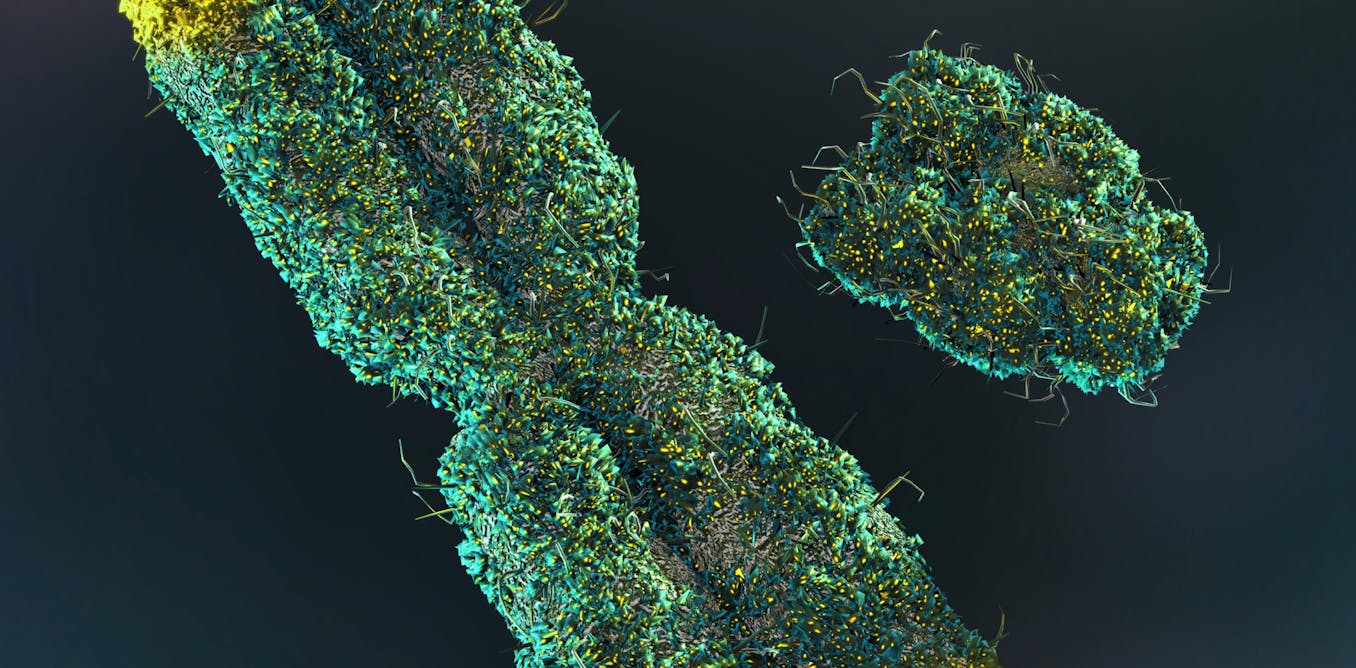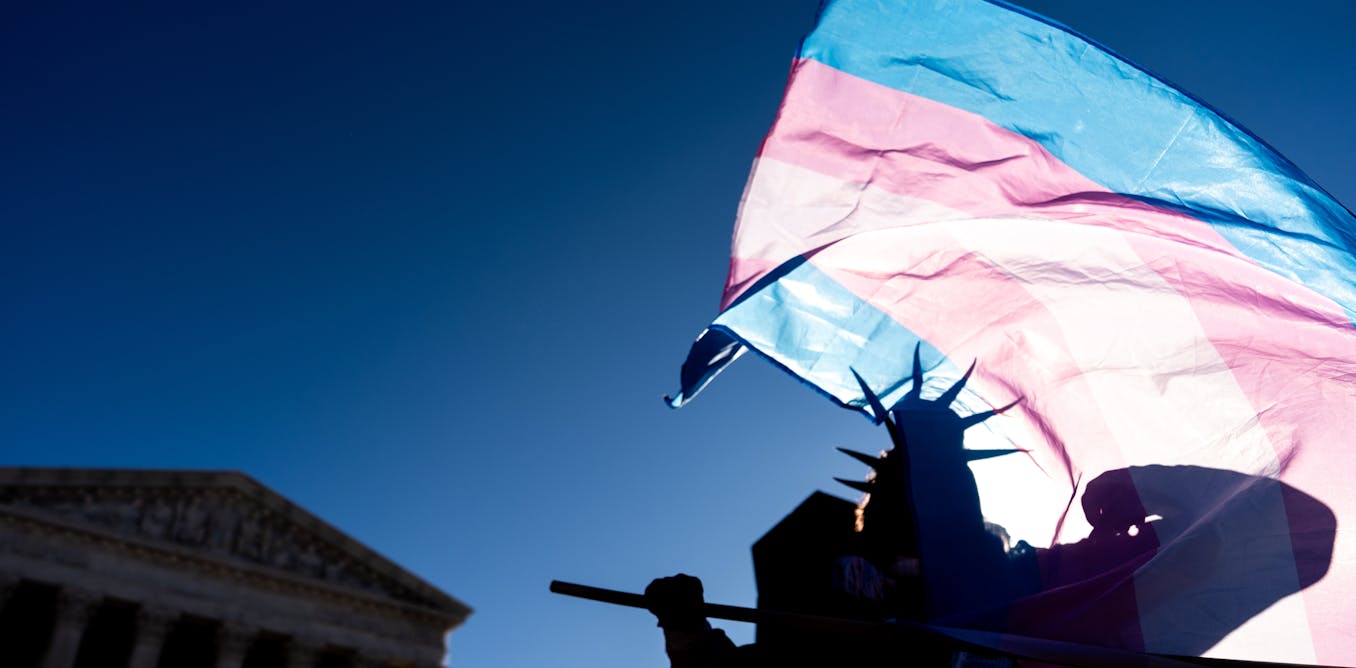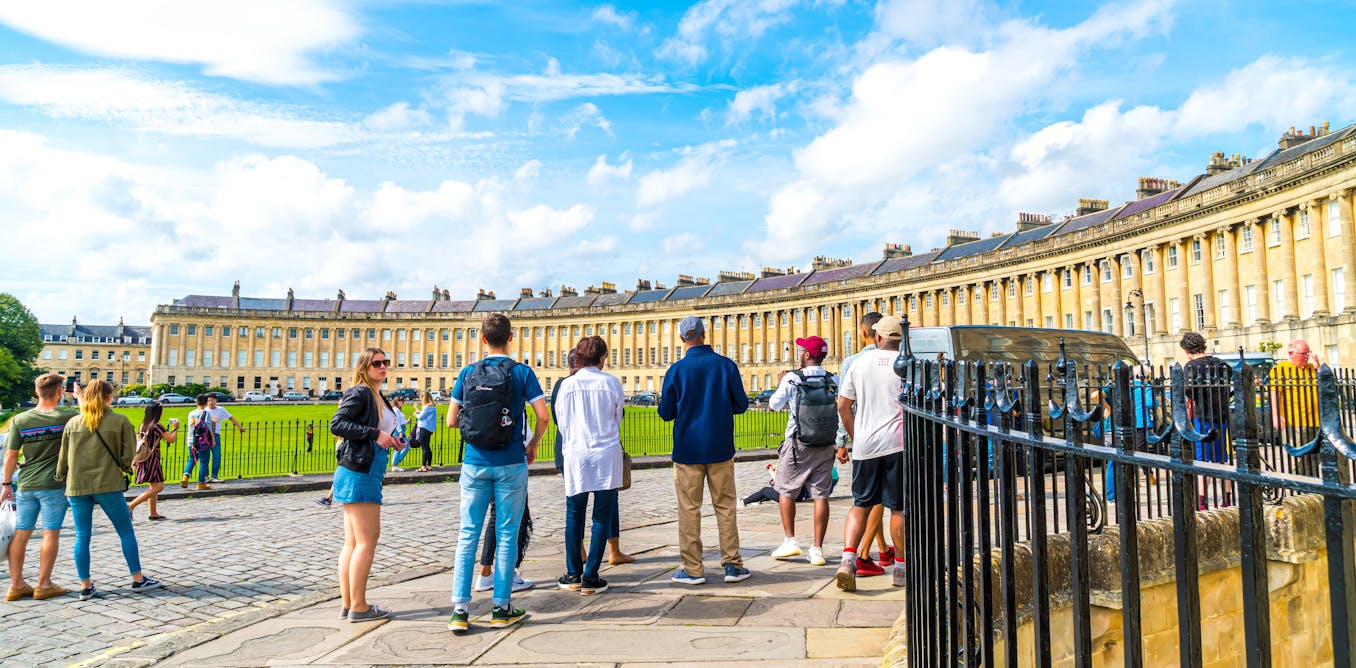This is a guest post. For the other side of the argument about open-source AI, see the recent guest post “Open-Source AI Is Uniquely Dangerous.“
A culture war in AI is emerging between those who believe that the development of models should be restricted or unrestricted by default. In 2024, that clash is spilling over into the law, and it has major implications for the future of open innovation in AI.
Today, the AI technologies under most scrutiny are generative AI models that have learned how to read, write, draw, animate, and speak, and that can be used to power tools like ChatGPT. Intertwined with the wider debate over AI regulation is a heated and ongoing disagreement over the risk of open models—models that can be used, modified, and shared by other developers—and the wisdom of releasing their distinctive settings, or “weights,” to the public.
Since the launch of powerful open models like the Llama, Falcon, Mistral, and Stable Diffusion families, critics have pressed to keep other such genies in the bottle. “Open source software and open data can be an extraordinary resource for furthering science,” wrote two U.S. senators to Meta (creator of Llama), but “centralized AI models can be more effectively updated and controlled to prevent and respond to abuse.” Think tanks and closed-source firms have called for AI development to be regulated like nuclear research, with restrictions on who can develop the most powerful AI models. Last month, one commentator argued in IEEE Spectrum that “open-source AI is uniquely dangerous,” echoing calls for the registration and licensing of AI models.
The debate is surfacing in recent efforts to regulate AI. First, the European Union has just finalized its AI Act to govern the development and deployment of AI systems. Among its most hotly contested provisions was whether to apply these rules to “free and open-source” models. Second, following President Biden’s executive order on AI, the U.S. government has begun to compel reports from the developers of certain AI models, and will soon launch a public inquiry into the regulation of “widely-available” AI models.
However our governments choose to regulate AI, we need to promote a diverse AI ecosystem: from large companies building proprietary superintelligence to everyday tinkerers experimenting with open technology. Open models are the bedrock for grassroots innovation in AI.
I serve as head of public policy for Stability AI (makers of Stable Diffusion), where I work with a small team of passionate researchers who share media and language models that are freely used by millions of everyday developers and creators around the world. My concern is that this grassroots ecosystem is uniquely vulnerable to mounting restrictions on who can develop and share models. Eventually, these regulations may lead to limits on fundamental research and collaboration in ways that erode this culture of open development, which made AI possible in the…
Read full article: Open-Source AI Is Good for Us

The post “Open-Source AI Is Good for Us” by Ben Brooks was published on 02/08/2024 by spectrum.ieee.org






































